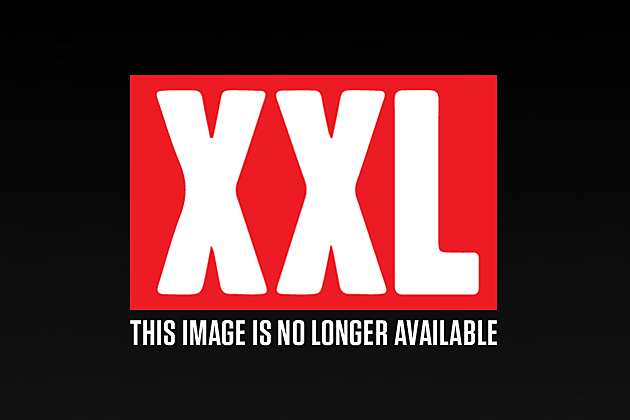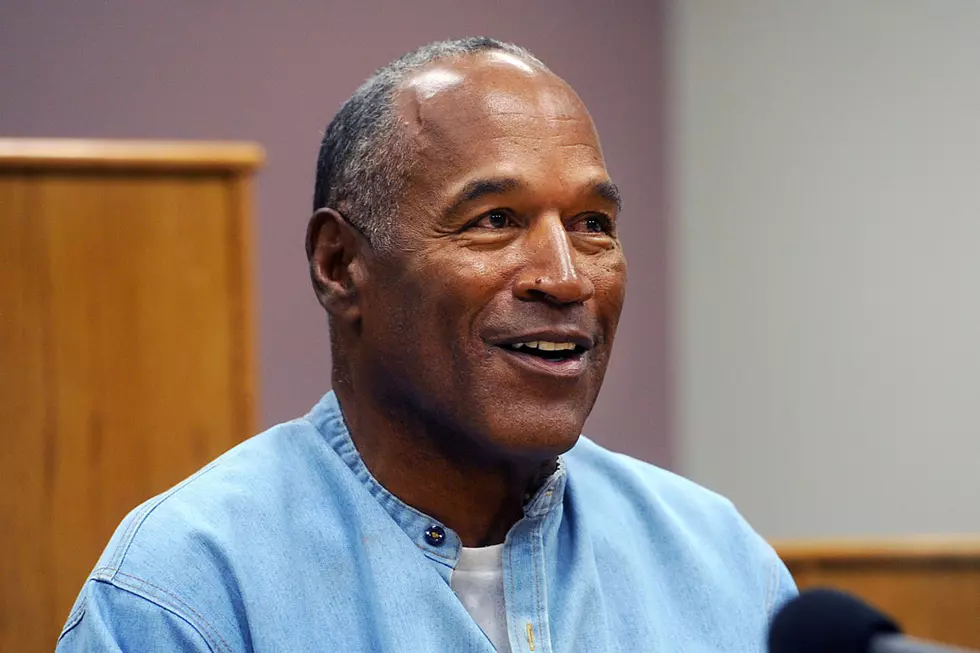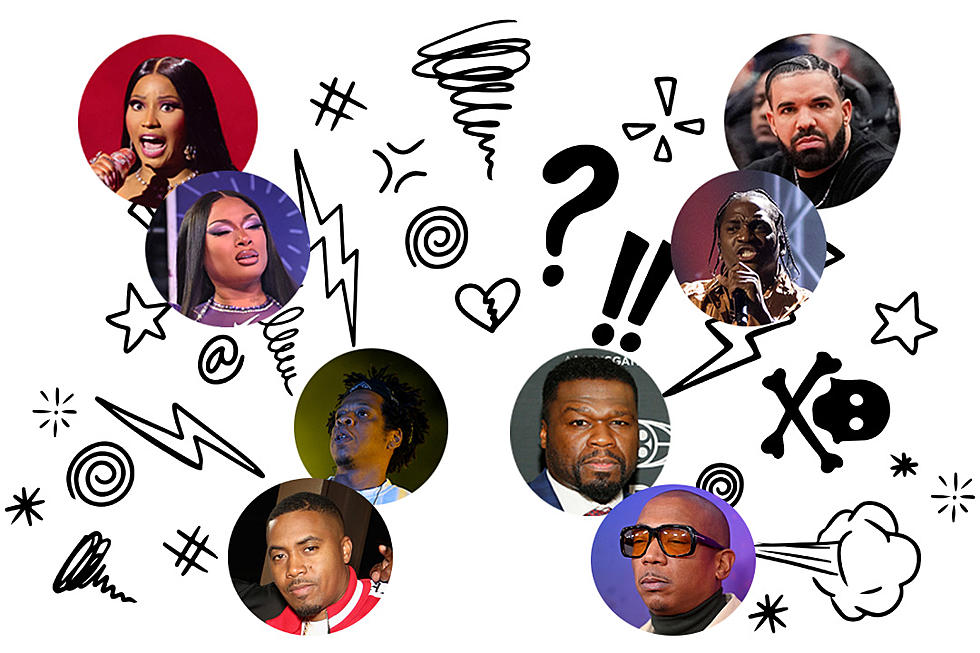
Jay-Z – ‘Magna Carta Holy Grail’ Album Review
As much as Kanye West might've wanted Yeezus to be the cultural high water mark of the summer, even he can't compete with the sheer magnitude that accompanies every Jay-Z release. And while Yeezus garnered plenty of headlines for its marketing rollout, only Jay could game the system to the point that the RIAA changed their policies, sending his twelfth album to Platinum status even before it was released on Samsung phones on the Fourth of July. #NewRules indeed. And while Kanye hit a narcissistic high point when deciding on his album title, Jay took his album name from an 800-year-old British document that limited the power of Kings over their subjects, a left turn of his own after the opulence that defined so much of Watch The Throne.
And so we have Magna Carta Holy Grail, which doesn't see Jay limiting himself so much as it does him looking around at the existing restrictions of and encroachments on his power at the top. That's not to say there aren't any grand statements about how rich or talented (or even God-like) he is—after Watch The Throne, there's really no going back from that lyrical vein, at least not completely—but in comparison to WTT, this album sees him looking around at the empire he's built and feeling around the edges a bit more, testing where the extent of his influence lies.
Take for instance, the album's first track, "Holy Grail," where he bequeaths the first minute and a half to Justin Timberlake's crooning. Jay's cultural references in the song—MC Hammer, Mike Tyson, Michael Jackson, Kurt Cobain—are the types of figures he's referenced before, though rarely has he compared himself to their tragic sides. It does seem like he's wary of, rather than gloating about, his situation now.
The paranoia isn't new—the Feds have been around since his crack days from Reasonable Doubt, after all—but it's the personal paranoia, looking around at his empire and wondering what it's turning him into, wondering if he's falling into the trap that took those that fell beforehand, that gives the lyrical content a new twist. But of course, it's not all his fault—"Picasso Baby" lays the blame at the feet of American culture: "No sympathy for the king, huh? / Niggas even talk about your baby crazy / Eventually the pendulum swings / Don't forget America this how you made me."
That line is one of several references to Blue Ivy, and highlights another strong theme that runs through Magna Carta, namely his relationships with Beyoncé and Blue. "Part II" has both Bey and Hov speaking on a relationship that, to the outside, seems like the good girl falling for the bad boy; it's the Bonnie and Clyde narrative that they've played up for over a decade now, while Hov's fatherly concerns for Blue permeate the album.
In other places, Jay is happy to give up the reins a bit; the majority of his guests—Timberlake, Beyoncé, Rick Ross, Nas, Frank Ocean—are the first voices you hear on their respective songs, setting the tone. And the production on tracks such as "BBC"—which is the biggest, wiggliest banger on the whole album—as well as "Heaven," Oceans" and "FuckWithMeYouKnowIGotIt" prove that he was correct in turning the boards over to Timbaland, Pharrell and J-Roc. Timbaland's flourishes define this album, and Pharrell continues his domination of the summer—"Pharrell's a Pharaoh" Nas quips on "BBC," and it's hard to argue.
And of course, there's that classic Jay-Z braggadocio: "Conspiracy theorists screamin' Illuminati / They can't believe this much skill is in the human body" from "Heaven"; he even delves into Kanye/Yeezus territory on "Crown," saying "You in the presence of a king / Scratch that, you in the presence of a God.” It's inevitable with Jay; the "started from the bottom" narrative is already cemented in his folklore, and frankly he's so far removed from it now anyway that it would seem little more than a retread coming from him. His long ascent to the summit was complete with Watch The Throne; now there's time to glance around a bit. He may be coming to grips with the fact that there are limits to what you can do at the top, as his clash with Billboard regarding his Samsung deal showed, but that doesn't stop him—lyrically, promotionally, or otherwise—from trying to push the boundaries out a little further.—Dan Rys (@danrys)
More From XXL









